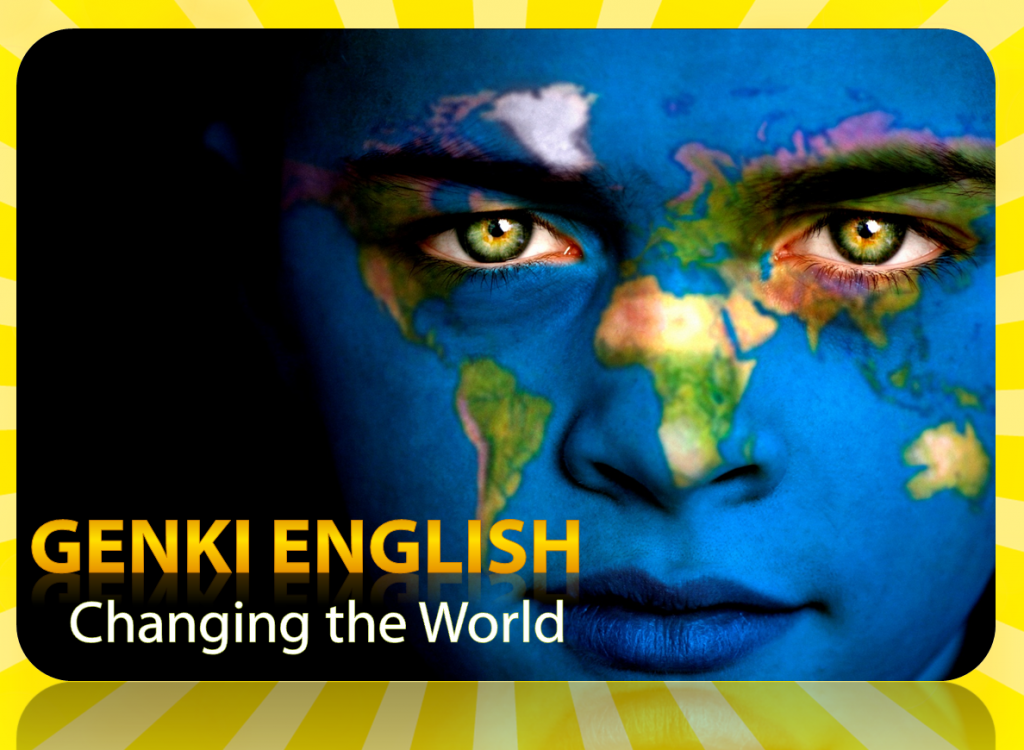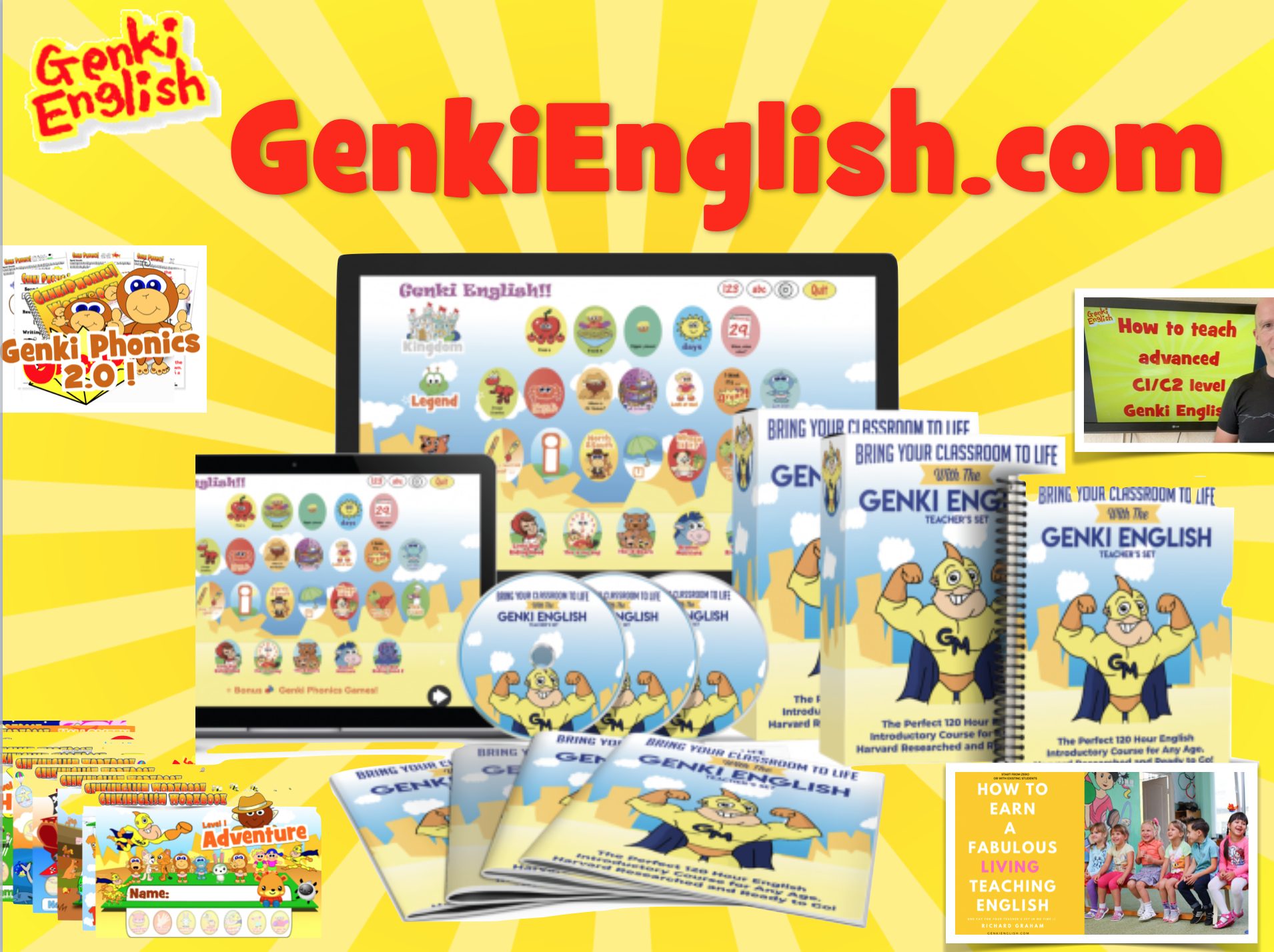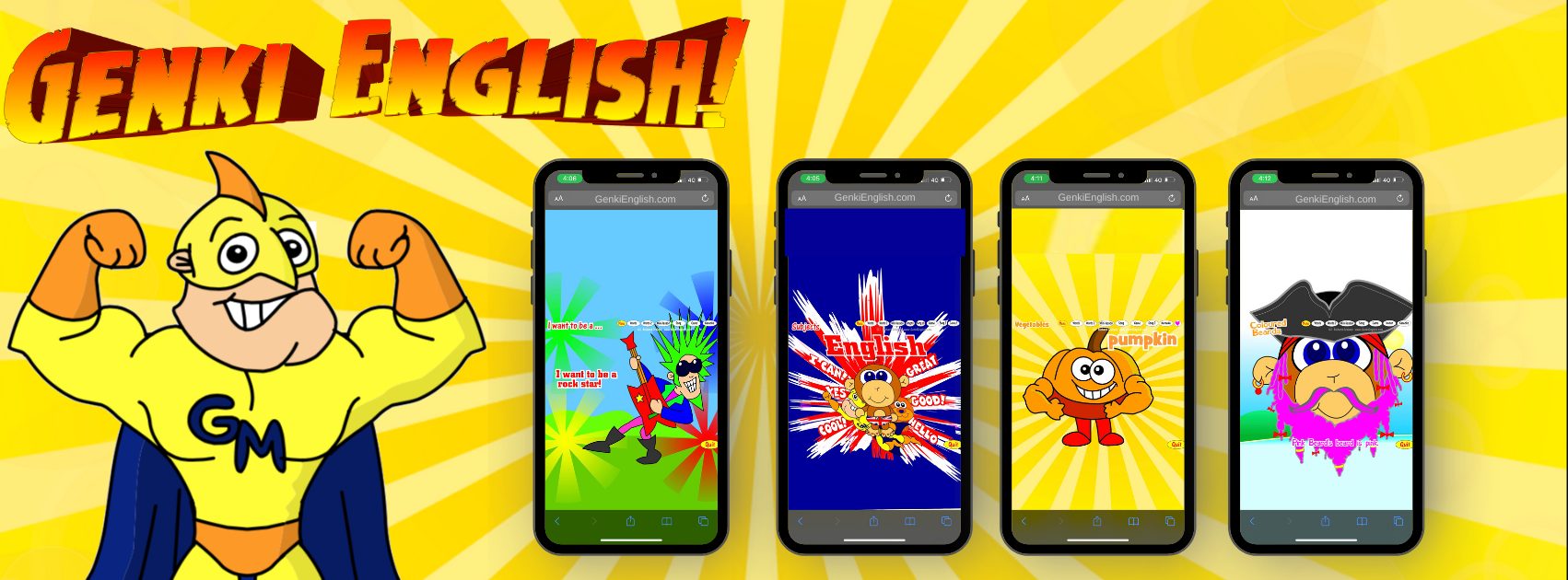
In addition to the Harvard & Oxford research into Genki English, as part of the official EU recommendation process in Slovakia, Poland and the Czech Republic for distribution, research and licensing, we have also had 2 European universities review the Genki English material to make sure it meets the Education Ministry and Common European Framework of Reference for Languages (of CEFR) requirements.
Here is the report:
Genki English Software
Research: IALF-G14-7-8, 2014
Report of the main findings by Deparment of Language Pedagogy and Intercultural Studies, PF UKF, Nitra, Slovakia
English Summary:
Genki English is a very positive and motivating program for teaching English as a second language for very young and young learners. It focuses on the development of communicative competence in terms of the topics suitable for children through the songs and rhythm, and contains exercises full of action, enthusiasm and fun. The program is suitable for beginners and elementary level of proficiency as well as for the integrated students and the students with special needs. It covers vocabulary and grammar chunks which belong to the curriculum of English classes in Slovak schools with a difference that the form of providing the content is very entertaining and activating. The reason is that Genki English involves methods based on action and body movements (Total Physical Response, music and rhythm) and it connects language skills with the movement which is very natural especially for children. The software has a fixed structure of exercises within the topics and that enables the pupils to feel safe when acquiring not only the pronunciation and notions of the vocabulary, but also its use in short sentences or dialogues. Catchy tunes and easily remembered texts make children learn and use the given content. Through the offered games they are able to check themselves and review the language structures.
Teachers are provided with the flashcards to the given topics, clearly described lesson plans as well as workbooks in a form of portfolio. Thus, the children can assess their progress and a teacher gets feedback. Imagination sheets support creative thinking, originality and uniqueness of each individual child. They can be used also for development of critical thinking and self-assessment. The program can be also used without computers due to MP3 versions of the songs and thus they can be used also as additional materials.
The program has certain limitations in the graphic and design form. The main character is sometimes blurred, not having clear features of body parts which may be sometimes misleading for some of the children. Also the movements are very sharp and not very smooth. However, this view is rather subjective and the point of the children on the same issue may be different.
Another issue is a cultural aspect. Language is a part of the culture. Genki English is a universal program for English learners all over the world and therefore, it lacks the peculiarities and differences which should be pointed at, e.g. between the Slovak culture and culture of English speaking countries. Therefore, when introducing the program in the Slovak environment it seems essential to bring to some lessons necessary vocabulary and descriptions (e.g. topics: Where are you from? Can you speak…? Halloween and Christmas) put the stress on the differences, explain them and thus teach children to understand and accept not only foreign language but also its culture.
Dr. E. Kováčiková, university methodologist




Nice, nice, nice!
Pretty nice review.
I have been thinking a little bit about the topic of self assessment and reflection.
On top of using the progress sheets do other teachers get the students to lay out goals/aims and then to reflect on their progress and what they have learned?
Do they do it in English or the students L1?
Cheers.
Nice summary!! Congrats – positive ++++
@ Trevor,
great topic. Would like to read about this as well.
Puh—-! Probably the next step for me.
The last year I had the clear focus to pull myself back as far as possible, and leave things up to the kids to discuss and decide. But this one factor is left.
I think it is tricky though, as learners don’t really know what could be a next goal (as everything they cannot do yet is a blank sheet of paper)
So, I do give them choices: Would you like to get this done or that?
etc~
I wonder how to get this done with even more kids output and less teachers input of choices.
Great review. Really great to have things to quote and point to when trying to sell the program!
Congratulations on a great review! I was thinking of translating articles like these into Turkish to promote the course to parents. I also agree that it is essential to teach culture as well as language – you cant have one without the other!
Genki English is also adaptable. Students already know a topic pretty well. Review it, get them solid, and move on. Most book based curriculums ride on a set schedule for classes. So many moving parts are involved and jumping ahead is very hard. Plus the major tripping point at my current employment is the book levels. We are doing Book 2 of blah blah blah, but we’ve found a better series and want to use that. We’ve analyzed the books and it would be wise to start with Book 1 of new blah blah blah. “But we did Book 2 of blah blah blah!” “The language patterns and vocab are entirely different than what you guys covered in Book 1 and 2 of the old series.” “But Book 1?”
Whereas, with Genki, you can directly point to what the kids have learned. Every song has a theme of vocab and a grammar point….and the life lessons of confidence, teamwork, etc.
Plus, for a small one-time purchase of a few hundred dollars, you have access to all current and future content in one place. Heck, the school I’m at is transitioning to using the proprietary material of the chain school and THEY don’t even have all their own content! Audio files are on one website requiring a special app to download. Flashcard files are on another website requiring another app to download in bulk. Curriculum plans and guides are incomplete and scattered.
It is all quite discouraging and downright scary that we are trying to reopen some classes with a new teacher (who has now bailed on the job because of the confusion) and this new “content”. My girlfriend said to the boss that we should just use Genki for all the little kid classes. More support, more class ready content, and I have a clearer understanding of it that anyone has of the proprietary material for the chain school.
Get Genki!
many congratulations Richard! as far as I can evaluate, there’ s so much extra practice for each topic, very colorful and full of fun songs…I really like the games,the simple and clear target languge,fun activities….though I still have my doubts whether the pack would meet the turkish primary /elementary curricululm.nevertheless to say,it meets MINE 😀
@Neriman: It meets the EU standards so I guess it would do pretty well in Turkey! 🙂